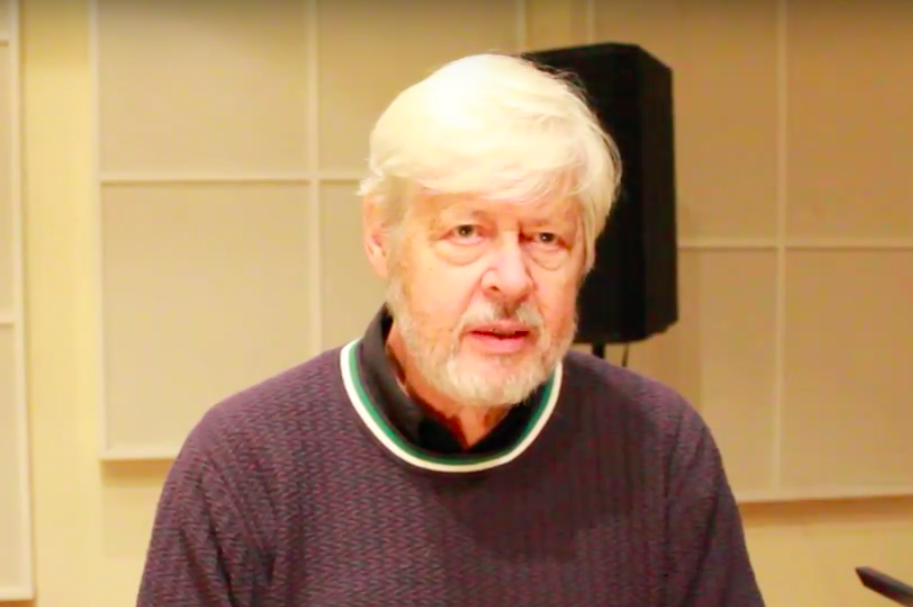Not everyone enjoys music in the same way: according
Picture this – you turn on the radio, tune in to a station you like and hear a tune you love. Meanwhile, your friend beside you hates it.
When it comes to music, people are very different. What is good and what is bad is purely subjective – but we use our brains differently when we listen to music, says neurologist Kjeld Fredens.
– “The deeper you delve in and analyse music, the more you involve the brain”, Kjeld says.

This is because as trained musician, you listen to music in a different way. You feel the music, you analyse it. You listen to how the music grooves, every individual melody, as well as the
For novices, it’s a different matter…
– “So music in the brain of the novice starts in the right half – where you listen to the music and try to differentiate music-sounds from speech-sounds and other every-day sounds. Gradually, the brain gets better at hearing this language and you start recognising it as music”, Kjeld says.
The deeper you delve into musical exploration – when you start to analyse and understand the different elements, the more you engage other parts of your brain.
Music – A Universal Language
So musicians, when listening to music, can engage totally different parts of the brain – parts that are usually used for different tasks. One of these is the part of the brain used in speech! Music is not only connected with speech but it complements it – when learning an instrument, you’re learning how to play but also how to communicate through playing.
Connecting with music and expressing emotion through music is an amazing skill, something that really gets through to people. Music is a brilliant, universal language, and can connect with people on a higher level that speech – what cannot be said with words, absolutely can be communicated through music.
When musicians listening to music use the part of the brain used for speech, they’re listening and understanding a deeper communication, explains Kjeld.
But Why Do We All like Different Music?
There are several reasons why we don’t all listen to the same type of music and why we don’t all love music. You might feel comfortable listening to the kind of music your parents played when you were growing up, or maybe when you were a teenager you listened to what was popular to fit in, plus cultural references in music can affect who identifies with and understands that music.
It’s all about environment and the human experience. When thousands of people are standing in front of the stage at a concert listening to the same thing, still every brain will process the sound differently, and it will connect with different parts of your brain and stimulate different emotions, based on your personal experience. Crazy, right?
Did You Know…
• Playing an instrument helps boost your immune system
• If you have difficulty getting to sleep, try listening to Classical Music before going to bed.
• Music can help patients feel at ease before getting an operation. A Danish doctor even won an award at Danish Music Awards for this idea!
• The right kind of music (something powerful with a strong beat) can help you run faster.
• Music can help dementia and alzheimer’s patients with their memory.
Here is a short video about Henry. Henry lives in a nursing home and does not speak or move. But as soon as he gets music in his ears, something happens…
